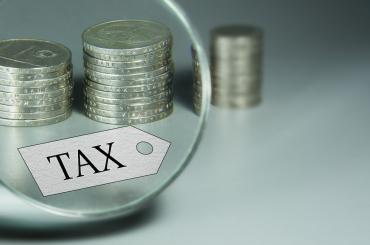
revenue
-

The impacts of technology on property tax collection and efficiency: Evidence from Ghana
Technology improves local tax collection efficiency and the progressivity of the property tax system but can also lead to unintended outcomes
-

Low-cost tax capacity: Evidence on tax compliance from Uganda
Simple, easy-to-implement tax reminder messages are an effective way of raising revenues in low-compliance contexts
-

Improving state effectiveness through bureaucrat assignment: Evidence from the Democratic Republic of Congo
Optimising the assignment of tax collectors significantly increases tax revenue and compliance at little or no added cost
-

Is improving tax administration more effective than raising tax rates? Evidence from Indonesia
Enhanced tax administration can increase government revenue collection from medium-sized firms in developing countries even more than raising tax rates
-

Can low-capacity governments work with local leaders to increase tax revenues? Evidence from the Democratic Republic of Congo
City chiefs collecting taxes in Kananga, DRC, outperformed state agents thanks to their superior local information about potential taxpayers
-

The impact of social incentives on tax payment in Pakistan
An evaluation of two programmes reveals that public disclosure of tax information and social recognition of top taxpayers increases tax revenues
-

Do taxes affect firm-to-firm trade? Evidence from India
Taxes affect which domestic suppliers firms choose to trade with in India, leading to less within-country trade and firm growth
-

Can wealth taxation work in developing countries?
Progressive wealth taxes may be difficult to enforce if wealthy individuals underreport their wealth, but disclosure incentives and greater enforcement can improve tax collection